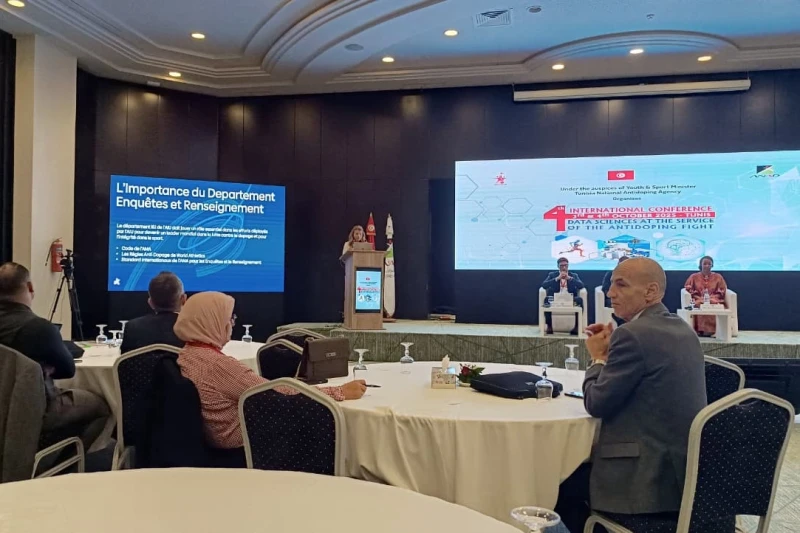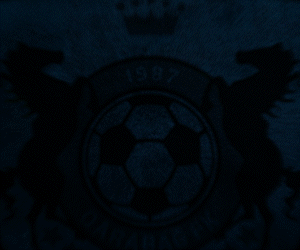

 Idman.biz
Idman.biz
The leadership of the Azerbaijan National Anti-Doping Agency (AMADA) participated in the IV international conference on "The role of data sciences in the fight against anti-doping", organized by the Tunisian National Anti-Doping Agency (ANAD).
Idman.biz was informed about this by AMADA.
The event brought together high-level representatives from the African continent and other regions. The conference was attended by experts from national anti-doping organizations, sports integrity divisions, law enforcement agencies, laboratories and international organizations. Lecturers covered a wide professional and geographical spectrum representing Europe, North Africa and the Middle East, highlighting the globalizing nature of research-oriented and data-driven anti-doping activities.
Tahmina Taghi-zade, Executive Director of AMADA, and her deputy Rufat Efendiyev made a joint presentation at the conference on "The application of artificial intelligence in anti-doping: Between innovation and responsibility." Their presentation explored the possibilities of detecting doping, improving analytical activities and testing strategies through artificial intelligence tools.
In addition, adherence to fundamental principles such as protection of privacy, the concept of fair sport and ensuring legal procedures was emphasized. The presentation also specifically noted the importance of gender equality for inclusive and future-oriented anti-doping governance.
Other speakers touched on topics such as confidential data management, forensic analysis, inter-agency cooperation, data integration methodologies, as well as strengthening relations between anti-doping bodies and law enforcement structures.
The conference once again demonstrated the growing interest in artificial intelligence, ethical safeguards and inclusion in the global anti-doping movement. Tunisia has strengthened its position as a regional center for dialogue and innovation in this field. Within the framework of the discussions, the speeches of the event participants reflected a common position that cleanliness in sports is related not only to the detection of doping, but also to justice, trust and the long-term integrity of athletes and institutions.
